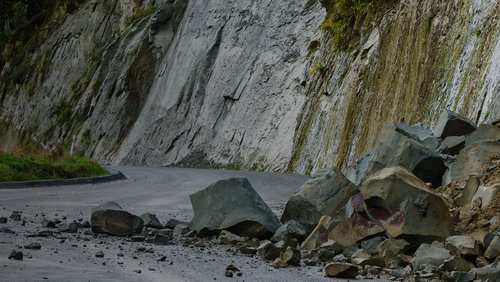3 Nov 2021
Working towards a low emissions economy is a complex engineering exercise but members of Carbon and Energy Professionals New Zealand are rising to the challenge.
Energy and carbon are inextricably linked. Even in New Zealand, with our high proportion of renewables in our electricity generation portfolio, there is enormous potential for reducing emissions, particularly in the industrial sector (heat-based processes) and transport. Even in the electricity sector, every efficiency saving not only saves money but also helps us towards our Government’s target of a 100 percent renewables electricity sector.
Most non-agricultural emissions in New Zealand and around the world come from burning fossil fuels. Whether it’s in transport, industrial processes or water heating, making sure that conversion is as efficient as possible and that we’re not wasting energy is critical. This can be a complex engineering exercise and members of the Carbon and Energy Professionals New Zealand (CEP) rise to the challenge.
CEP is, arguably, both a new and an established body. Originally set up as the Energy Management Association of New Zealand in 1993, we changed our name in 2019 better to reflect our own and our members’ activities. Initially we were a Special Interest Group of then-IPENZ, becoming an Incorporated Society in 2001. We remain a Collaborating Technical Society of Engineering New Zealand and many of our members enjoy being part of both CEP and Engineering New Zealand. We have also worked very closely with the Energy Efficiency and Conservation Authority since its inception and they have helped develop our training and accreditation programmes, initially to drive energy efficiency but now also in reducing emissions.
Our annual highlight is a national conference, open to members and non-members. From 2019, we have partnered with The Sustainability Society (an Engineering New Zealand Special Interest Group) to provide more information about emissions across the areas of water and waste as well as energy. While the 2020 was scheduled for Christchurch in June, it has been postponed due to Covid-19 and a new date will be set. Despite this setback, we still keep members updated digitally about the latest innovations and best practices around energy efficiency and emissions management.
Our portfolio of events and training continues to evolve. As well as bringing in carbon management, we also introduced a carbon auditor training and certification programme early in 2020.
We are also active in representing member interests and adding to the debate on government energy and climate change policy. We regularly submit on government consultations, especially those related to climate change. It was refreshing to see several ideas we put to the Productivity Commission Inquiry into a low emissions economy find their way into subsequent consultations on accelerating energy efficiency and renewables, and we have developed a good rapport with relevant ministries and ministers in recent years.
Like many organisations and businesses at the moment, we are adapting to new ways of working. Our training programmes are still being delivered – albeit online – and we’re working out new ways of engaging with members.
The need to prepare for changing work functions and environments is ever growing and we see CEP becoming an integral part of helping New Zealand transition to a low emissions economy and developing the careers of younger professionals entering the workforce.
In short, CEP is for the doers of energy efficiency and emissions reduction, the people who will develop and deliver the solutions that will bring about a low emissions economy. We foresee a huge uplift in interest in our area and expect membership to grow correspondingly. Labelling it “The Great Effect”, a recent survey by the Institute of Chemical Engineers of teenagers in the United Kingdom revealed 25 percent are interested in careers in environmental, emissions or climate change related careers. Our growing membership will cater for generalists in those areas as well as those wishing to develop expert-level, engineering skills and knowledge.
It is CEP members who will deliver the planning capacity and technical expertise to transition New Zealand to a low emissions economy. The introduction of a Climate Commission and expected increases in carbon prices will see much more focus on emissions and efficiency over the coming decade. Indeed, at our launch last October, the Minister for Climate Change, James Shaw, promised plenty of work for our members over the coming decade. We shall be holding him to that.
Dr Mike Hopkins has been Chief Executive Officer of Carbon and Energy Professionals New Zealand, since 2016. His background includes consulting, academia and working with energy companies in the United Kingdom before moving to New Zealand in 2002. Find out more at cep.org.nz







